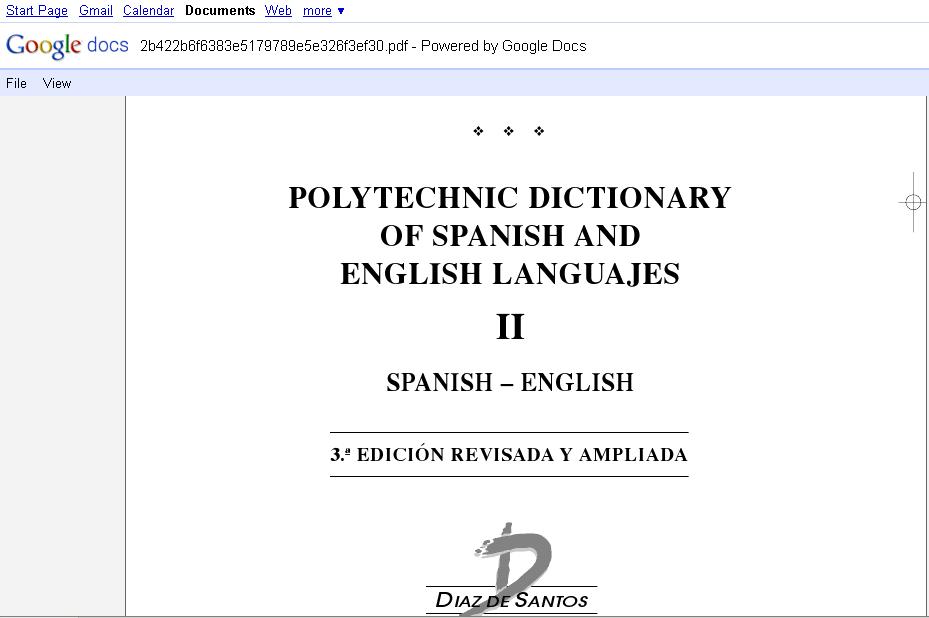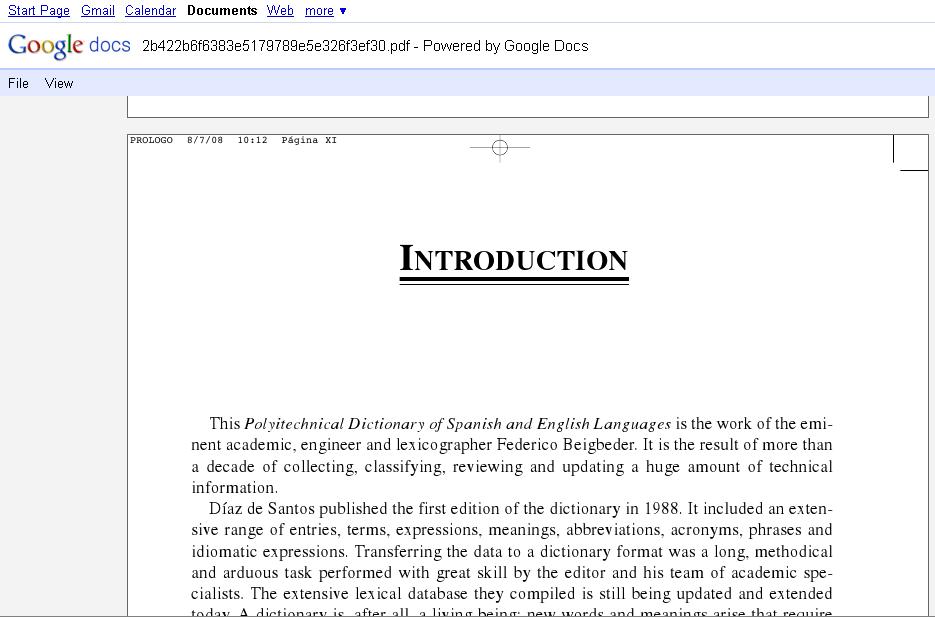If you export a Déjà Vu (DVX) memory or terminology database and import it into MemoQ, you lose some of the data such as the client, subject, project, user name and creation date. This is because the tmx format created by DVX does not match the tmx format created and understood by MemoQ. For example, Déjà Vu has separate creation dates and user IDs for the source and target, whereas MemoQ has a single creation date for a translation pair (which makes more sense). Also, the tmx created by DVX contains the subject and client codes, not the actual names. For example, if you used the subject “33 – Economics” in DVX, you will be importing the number “33” as the subject, not the word “Economics”. Similarly, if you used client codes, like “MST” for “Microsoft”, you’ll be importing the code rather than the full name.
Anglo Premier recently migrated from Déjà Vu to MemoQ. After much labour we succesfully converted our translation memories and terminology databases, preserving all the subject and client data and the dates. We initially described the process on this blog, but the procedure is complicated to follow and the script we created won’t run properly on all versions of Windows. It also requires the user to have Excel and Access 2003. Instead, we are offering to convert your translation memories and terminology databases for you. For a fee of €20 or £16.50 we will convert a translation memory or terminology database, and for €40 or £33 we will convert up to four databases. None of the content of your databases will be read and we will delete the databases from our system as soon as the conversion has been done and the file(s) have been sent to you.
If you wish to use this service, please contact us via the contact form on our main website.


